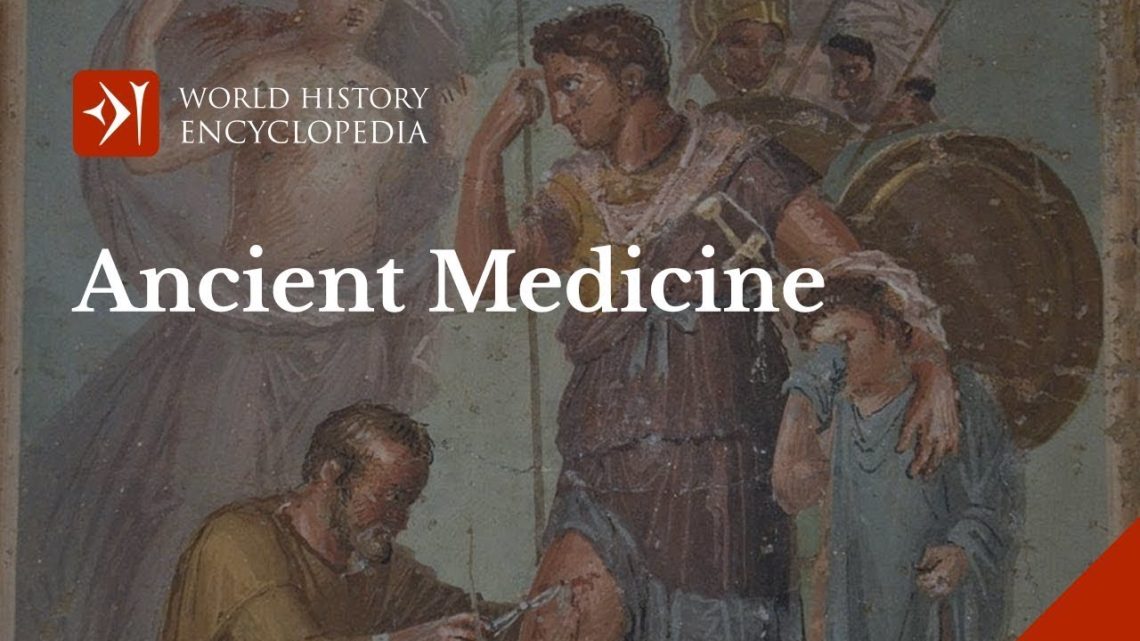
Ancient Egyptian Surgeons: Pioneers in Treating Brain Cancer?
June 28, 2024Ancient Egyptians may have attempted surgical treatment for brain cancer more than 4,000 years ago, according to a recent study. Published in the journal Frontiers in Medicine in May, this research adds to our understanding of how this advanced civilization addressed diseases, including cancer.
Evidence from ancient skulls suggests that Egyptian physicians performed invasive procedures on brain tumors. This discovery indicates that these early surgeons were not only skilled in setting bones and filling teeth but were also exploring ways to treat or understand what we now call cancer.
Lead author Edgard Camaros, a palaeopathologist at the University of Santiago de Compostela in Spain, stated, “We observed, by looking directly into human bones with cancerous lesions, that they performed an oncological surgery.” This could have been an attempt at treatment or a post-mortem examination to learn more about the disease.
The study was co-authored by Tatiana Tondini of the University of Tübingen in Germany and Albert Isidro of the University Hospital Sagrat Cor in Spain. The researchers analyzed two skulls from the mid-1800s, now housed in the University of Cambridge’s Duckworth Laboratory.
Using advanced technologies like microscopic analysis and CT imaging, they discovered evidence of surgeries. One skull, belonging to a man aged 30-35 from around 2687 BC to 2345 BC, showed lesions from malignant tumors with cut marks around them, possibly made with sharp metal instruments. The other skull, from a woman over 50 dating from 664 BC to 343 BC, had lesions indicating cancer but showed no signs of surgical intervention.
The precise purpose of these incisions remains unclear. If the cuts were made posthumously, it might suggest experimental or autopsy procedures. If made while the patient was alive, they likely aimed to treat the individual. Unfortunately, without medical histories, certainty remains elusive.
Ancient Egyptian medical texts, like the Edwin Smith Papyrus, suggest that cancer was recognized, though not well understood. Physicians diagnosed cancer by observing and feeling swellings, classifying them by characteristics like pus or redness, and sometimes treating them with cauterization and therapeutic herbs.
This new evidence challenges the belief that cancer is primarily a modern disease. Camaros emphasized, “Cancer is as old as time and linked to multicellular life, and therefore, humans suffered from oncological conditions since the very beginning.” This finding suggests cancer was more common in antiquity than previously thought, highlighting the advanced medical practices of ancient Egypt.
The study underscores the Egyptians’ sophisticated medical knowledge and their efforts to treat a range of diseases, including cancer. As scientists continue to unearth and analyze ancient remains, our understanding of early medical practices and the prevalence of diseases like cancer in ancient civilizations continues to grow.

